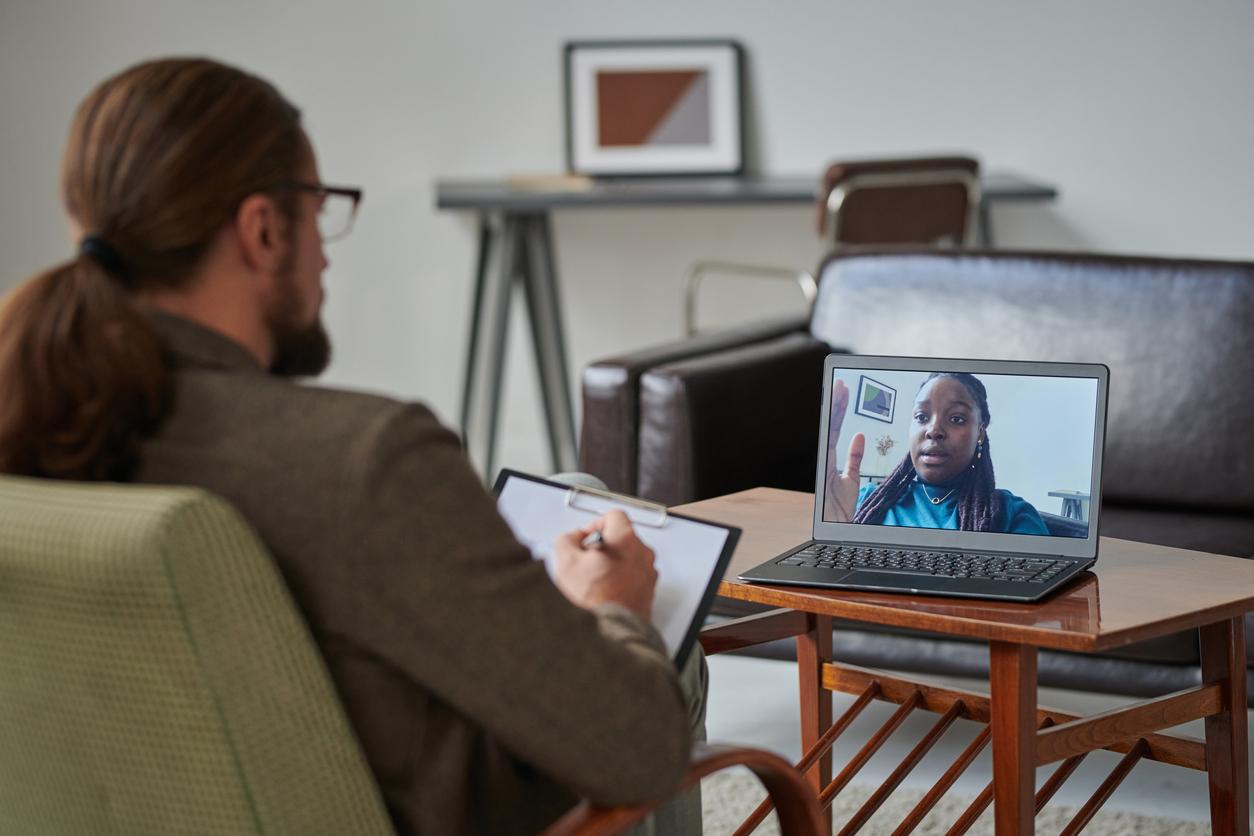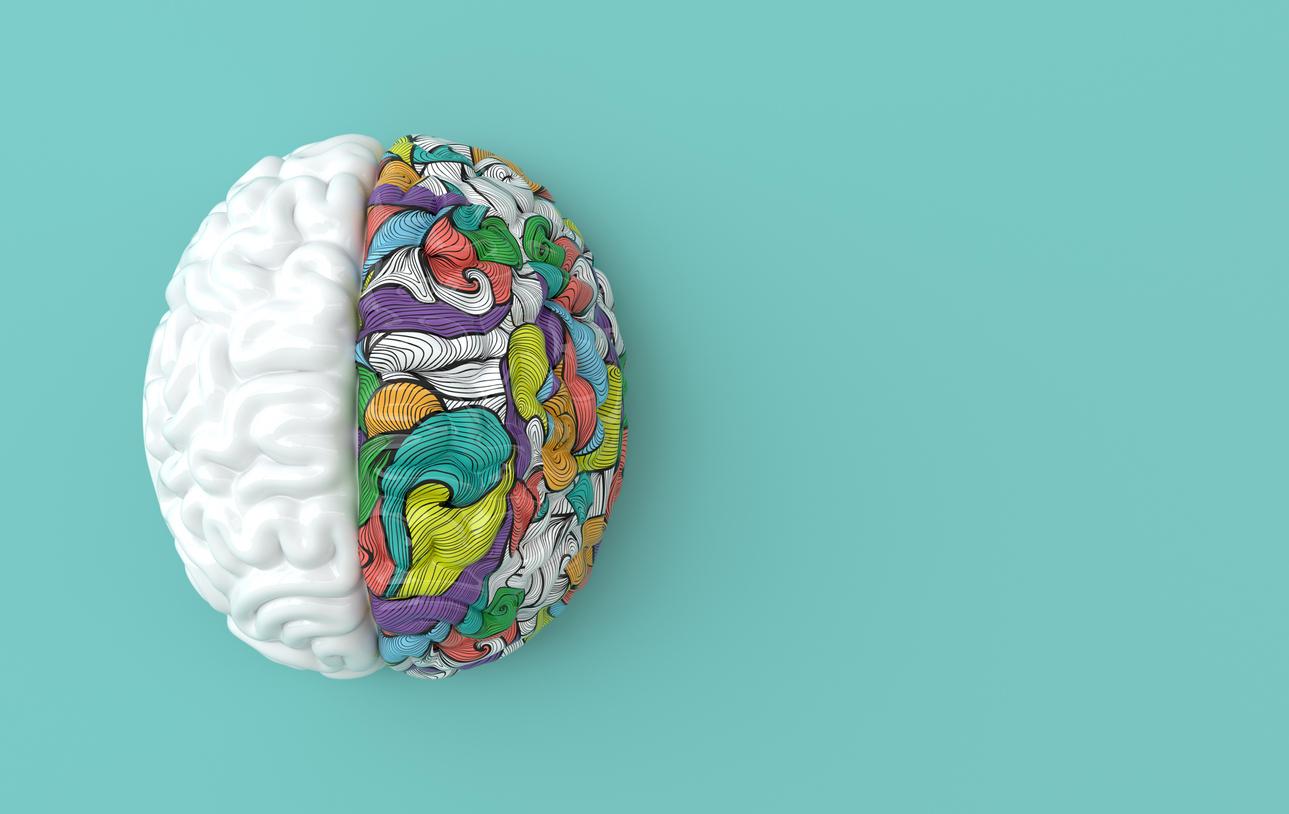Remote video consultations with a mental health professional provide improvement in symptoms of depression and anxiety.

- Remote video consultations between patients and mental health specialists show small but significant improvement in symptoms of depression and anxiety.
- For researchers, this improvement remains interesting given the high levels of these disorders within the population and the difficulties of access encountered by certain patients.
- Further research is needed to improve the effectiveness of the device.
Many patients with depression or anxiety are cared for by their GP because they have limited or no access to mental health professionals. For many, teleconsultation – which between technological advances and the Covid-19 pandemic has seen a strong expansion in recent years – could be a solution to these difficulties in accessing care.
German researchers wanted to check whether remote video consultations were indeed an effective option for treating depression and anxiety disorders. Their research, presented in the journal The BMJ September 25, 2024 shows significant improvement in symptoms.
Video consultations relieve symptoms of anxiety and depressive disorders
To evaluate the effect of teleconsultation, the researchers brought together 376 adults whose average age was 45 years old. They had all visited their GP with at least moderately severe depression or anxiety, or both, between March 24, 2020 and November 23, 2021. They were randomly divided into two groups. Thus, some of the volunteers had to participate in 5 real-time video sessions of 50 minutes including brief psychotherapy over eight weeks. With this device called PROVIDE, the patient performed the video in a medical office while the mental health specialist was in an external establishment. The members of the second group were followed by their general practitioner. The latter provided them with standard care. That is, advice, medication and referral to specialists.
Compared to usual care, the PROVIDE intervention led to small improvements in the severity of depressive and anxiety symptoms (mean reduction of 2.4 points on the PHQ-ADS score) at six months. The beneficial effects were maintained at 12 months (average reduction of 2.9). The teleconsultation system also proved effective in reducing psychological distress linked to somatic symptoms at six and twelve months.

Depression: teleconsultation a solution against “geographical and temporal obstacles”
With a reduction in the PHQ-ADS score of less than 3 points, the magnitude of the effect of teleconsultation is small. But the researchers believe that the improvement remains significant “given the high prevalence of depression and anxiety in community settings”. “Wider implementation of the PROVIDE model could improve access to mental health care, particularly in primary care settings where it can alleviate geographic and temporal barriers”they add.
The team specifies that additional research is needed to develop more adapted interventions and maximize their impacts on public health.
















